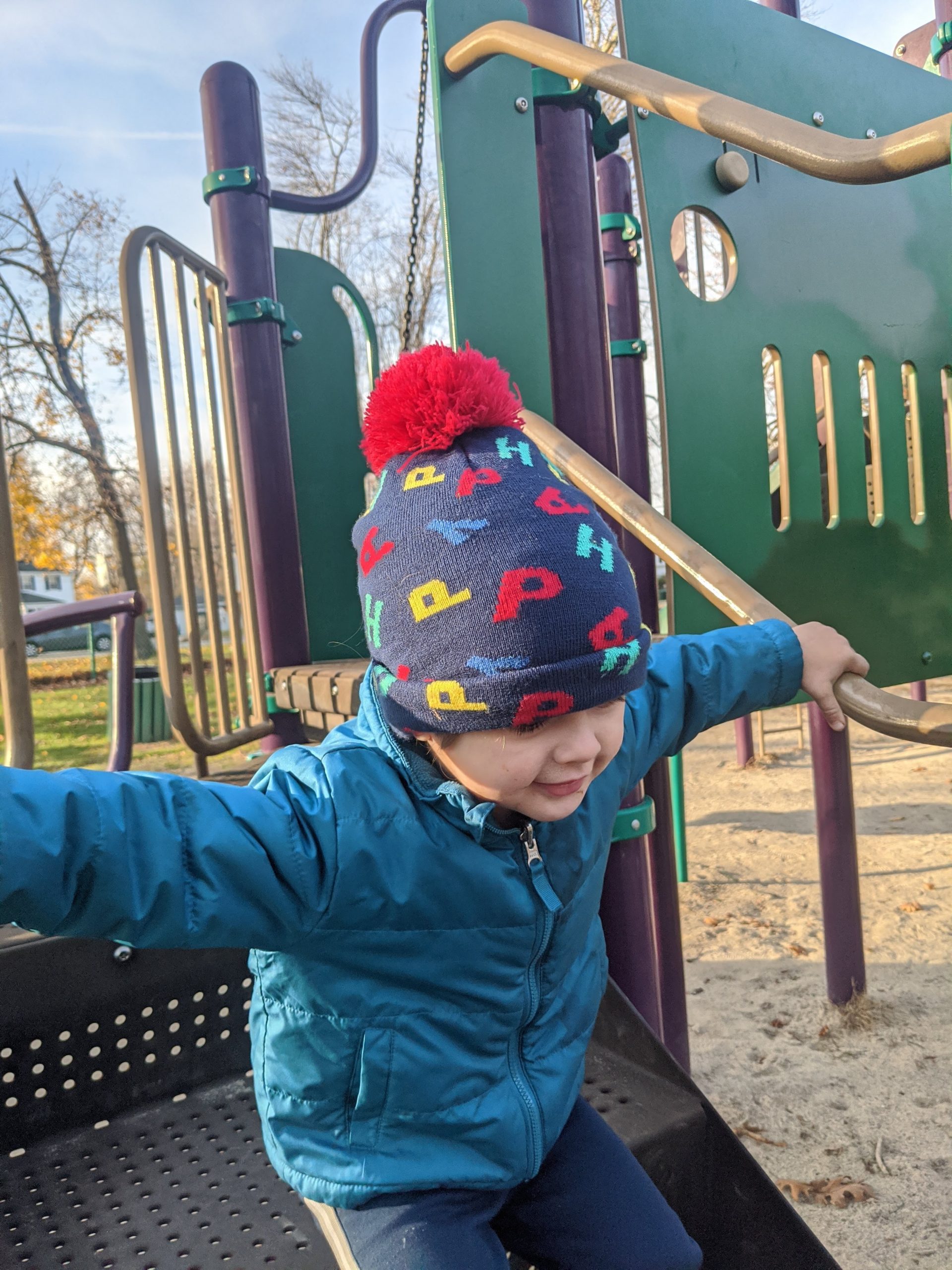
My toddler is just now entering the roller coaster of emotions that I heard begins right before two and seemingly never ends. One little inconvenience or change to the plan, and he is crying and upset and often hitting. He is really good at hitting too, and it feels like he knows exactly how to push my buttons when he is upset. He will get upset, throw my glasses, and try to hit me in the face. It sounds like he is being malicious, but often he is just really, really upset. I find myself getting mad and offering punitive consequences like timeouts, but it honestly doesn’t work. The next time he gets angry, he still wants and tries to hit.
What is going on in their brains?
Toddlers are often called teenagers for a reason, their brain development and hormone regulation is eerily similar to a teenager. A minor inconvenience, change in routine, or upsetting event to a toddler feels like the worst thing in the world. Not only this, but they experience a lack of impulse control and can’t perceive the world as adults can. We know that if we turn off the TV for the night, we will be able to watch it tomorrow. Toddlers don’t always know this or don’t like it. This inability to make decisions for themselves mixed with all the other development ends up with some big ol’ feelings.
What can I do about my own anger?
Maybe you are like me and you babysat for years but when you had your own child felt utterly unprepared for this stage. When my son entered this phase, I attempted to redirect, set boundaries, and offer small, firm, and fair consequences. While this is all good and well, the problem when it is your own child is that it happens 24/7 365. My son gets upset at 6 am after waking up, or when we are on vacation, or at the store, or while he is in the bath, or at dinner, or as I am so so so ready for bed. Reading these articles about hitting and toddler meltdowns don’t prepare you for how YOU will feel during this time. The biggest thing we can do for our children is to have safety nets for our own mental health. We need to get sleep, eat well, and carve out self-care to be properly prepared for these meltdowns. Sometimes, it means stepping away or walking into the bathroom for a few minutes to reset your brain and take a few deep breaths.
Now, what will stop the hitting?
In the book No Bad Kids: Toddler Discipline without Shame, Janet Lansbury lays out some ground rules that will bring some sanity to you and to your toddler. This starts with developing a framework, with clear and consistent communication. This means setting up boundaries and routines with your child so that they have a better understanding of their environment. If there are things that are off-limits, it’s important to have conversations with your toddler about them before they explore the off-limit thing. Then you have to provide consistent and firm consequences if they do touch it. For example, if I want my toddler to not play on the stairs, I need to be having conversations and set expectations ahead of time about why he can’t and what will happen if he does. This means I need to enforce this boundary with that small consequence every single time.
What about if they do still hit?
Just because I have written this article, doesn’t mean that I have put the pen to paper in terms of perfecting this framework! When my toddler does inevitably hit me, Lansbury has suggestions about how to approach what just happened. First, calm yourself down. Second, calmly restrain and explain. This means finding a way to make sure your toddler can’t hit you again. This could be by holding their hands and explaining that they aren’t being safe or kind with their hands. Then, identify why they hit and empathize with the emotion behind the anger. Finally, explain why it’s not okay to hit and how they can better express their needs next time. I know that it sounds strange to not offer a punishment, but Lansbury suggests that punishments don’t model positive behavior. She believes that they are not always effective in preventing future outbursts. Instead, utilizing the framework of establishing communication, providing boundaries, and empathizing with the big feelings will reduce the overall need for your toddler to hit.
Finally, it’s important to normalize kids having big emotions and parents doing their best! Regardless of what approach you take to curb the toddler hitting and kicking, you are doing your best! Even in the most isolating incidents (like the dreaded grocery store tantrum), just know you are never alone!









